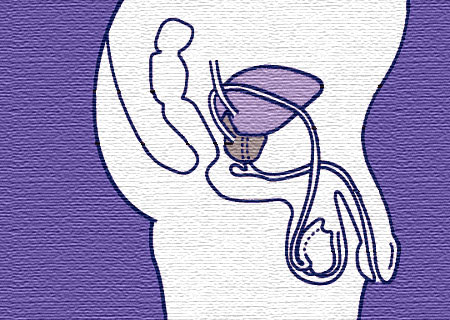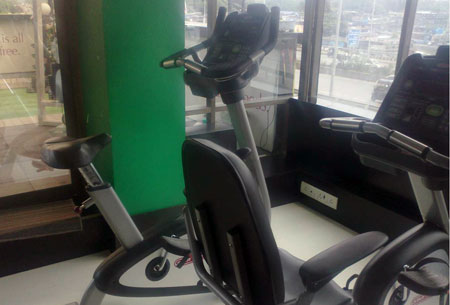Prostate health tips may not be talked about very often but are on most men’s minds. There is a reason why most internet ads deal with tongue-in-cheek medical conditions. Google anything that is to do with the nether regions of the body and you will be showered with offers and advertorials. To help you separate the wheat from the chaff and put myths to rest, we’re presenting you with comprehensive prostate health tips.
For the uninitiated, the prostate is a small gland the size of a walnut. It is located inside the body between the bladder and the urethra. Its function is to produce and eject seminal fluid. The most common complications that affect prostate health are:
1. Prostatitis: Inflammation of the prostate can occur due to infections, anxiety, hormonal imbalances, trauma etc. Infections are usually treated with antibiotics. But a large proportion of cases may be due to causes other than infection and require a different treatment approach.
2. Benign Prostatic Hyperplasia: Enlargement of the prostate occurs in over 30% of all men between the age of 50 to 70 years. The enlargement blocks the urethra partially or completely. As you can imagine, this is very painful and dangerous. If treatment with drugs fails, surgery which may involve complete removal of prostate is indicated.
3. Prostate Cancer: The incidence of prostate cancer is practically nil before the age of 50. Over 50, incidence shoots up and is above 30% for those over 70 years. Inheritance has a big role to play. Other causes which include, diet, infections and medications are still being studied. Incidence of prostate cancer is second only to lung cancer but mortality due to it is not as high because most men with this cancer live long enough to die of other causes.
A list of prostate health tips is below:
1. Cycling: Traditional bike seats are leaf shaped with a nose at the front. The body’s weight ends up resting on the penis against this nose. It limits blood supply to the region and can also cause direct injury. It has been shown to cause erectile dysfunction and other urological complications. Instead go for square seats that do not have a nose. Such seats put your weight on to your pelvic bones that are meant to bear weight and also feel a lot more comfortable.
2. Routine Tests: Until recently, prostate specific antigen test (PSA) was recommended once a year for all men above the age of 50 to screen for prostate cancer. But evidence suggests that detection by this test is not very reliable. Even if cancer is detected early, weather it affects mortality is under debate. If you are over 50, ask your physician if you should opt for a prostate exam and PSA test.
3. Drink lots of water: 3-4 liters to be precise. Water helps digestion, facilitates removal of toxins and helps flush out bacteria. It is the simplest way to reduce incidence of urinary tract infections and will also improve overall metabolism.
4. Diet: A diet high in saturated fats and red meat increases risk of prostate problems. The best option for reducing risk of prostate diseases and for good health in general is a vegetarian diet. A diet high in fiber and containing soy is believed to be beneficial for prostate health. One can substitute red meats with leaner white meat (fish).
5. Eat uncooked fruits and vegetables: Apple pies only benefit the restaurants selling them. The apple that goes into the pie and its nutrients are long dead. Fit in as many uncooked fruits and vegetables into your routine as possible. Cranberry juice has long been believed to alleviate urinary problems. Also, avoid eating fruits and vegetable with other meals to derive their complete benefit. An exception is cooked tomatoes as these have been shown to contain the cancer fighting agent Lycopene.
6. Multi-vitamins: Evidence that vitamin and mineral supplements help in maintaining prostate health has been patchy so far. Getting all required nutrients from your normal diet may not practically be possible. Supplements are the next best thing. Just be sure not to exceed the RDA (Recommended Daily Allowance).
7. Smoking and Drinking: Don’t frown; there are no upsides to smoking and drinking. Constant intake of toxic substances is bound to have an effect on the urinary system that has to carry the burden of eliminating these toxins every day.
8. Exercise: No direct link has yet been established between exercise and reduction in risk of prostate cancer. However, exercise does help in reducing obesity, improving blood circulation and increasing BMR (Basic metabolic rate), all of which help in fighting cancer.
We’re hoping our run-through of the aforementioned health tips with regards to prostate health is helpful.
– Punit Pania


